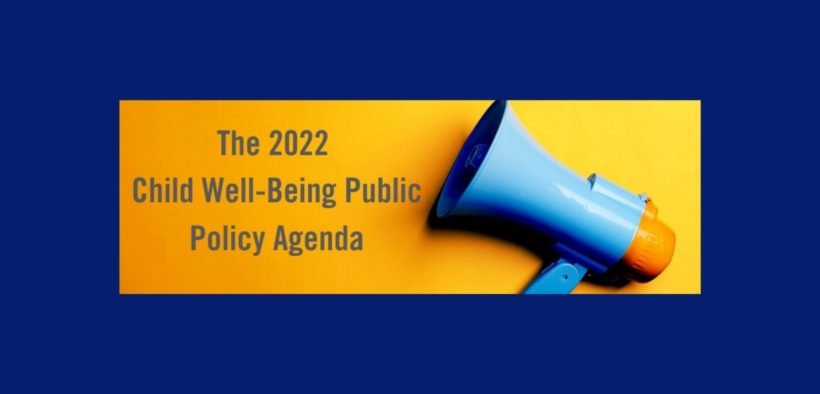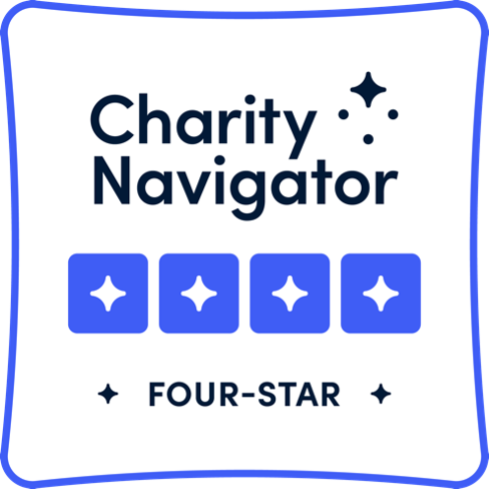By Katrina D. Mitchell, Chief Community Impact Officer – United Way of Greater Atlanta and Erica Fener Sitkoff, Ph.D., Executive Director – VOICES for Georgia’s Children
While much news these days focuses on COVID-19 — cases, hospitalizations, deaths, masks, vaccinations, and variants — other challenges, which existed well before the pandemic, are finally getting the attention they are due.
This pandemic has forced a reckoning with Georgia’s long-standing systemic and logistical barriers to food, shelter, education, childcare and mental and physical health, to name a few. Consider these numbers:
Of the 2.5 million children in Georgia ages 0-18,
- 377,000 are food insecure,
- 420,000 did not have a dental check-up in the last 12 months, and
- 78,000 students in 6th – 12th grade reported having seriously considered attempting suicide.
To be clear, however, the problem is not lack of attention and investment from government agencies, non-profit organizations, and the private sector. Many of us have spent years analyzing these issues, developing and implementing programs based on evidence and data, and advocating for policy and practice changes that would help kids and their caregivers. The problem is that we just weren’t close to being “finished” before the onslaught of the pandemic.
“Even though many of these challenges are not new, the pandemic has pushed more and more families into or precariously close to the brink; and we know that public and private systems need ideas, monies and effective communication to help our fellow Georgians through this trying era,” said Katina Asbell, Chair of the Public Policy Committee and a member of the UWGA Board of Directors.
Now here we are, going into 2022, and COVID remains pervasive. What now?
In a lot of ways, we have surprised ourselves with our flexibility and resourcefulness. School bus drivers delivered food, people accessed mental health care by phone, and while not necessarily elegant, people pretty much figured out how to use Zoom.
Additionally, many of us found ourselves in new or revitalized partnerships, most often with a shared urgency to help each other help families. Voices for Georgia’s Children and the United Way of Greater Atlanta is one such alliance. We have joined forces to advocate for a comprehensive policy agenda under the Gold Dome this legislative session and beyond.
This is not surprising, considering both organizations approach the work holistically – focusing on what we call “whole child policy.” We understand that a child does not live or learn in silos or sectors, and that decisions made in one area of a child’s life or development can influence outcomes in another. For instance, it is now common knowledge that a child truly cannot learn when hungry or struggling with mental health, that isolation to keep kids safe from COVID-19 can also create barriers to getting proper dental care and necessary check-ups with pediatricians, and that a lack of childcare not only prevents children from learning what they need to be school-ready but can also make it hard for their parents to maintain employment. It is critical that Georgia’s policies and laws reflect such dynamics. United Way of Greater Atlanta’s 2022 Public Policy Agenda with its focus on improving child well-being by working together towards a single, shared agenda to put our community’s children on an equitable path to fulfilling their potential, paves the way.
“We have been great allies in the policy space for years,” says Asbell, “but now we are working even closer. The beauty of that is that we can each use our networks to dovetail advocacy on all those things that we both know need fixing.”
Click here to learn more about United Way of Greater Atlanta’s Child Well Being Agenda.
This story was previously published on SaportaReport.com.





